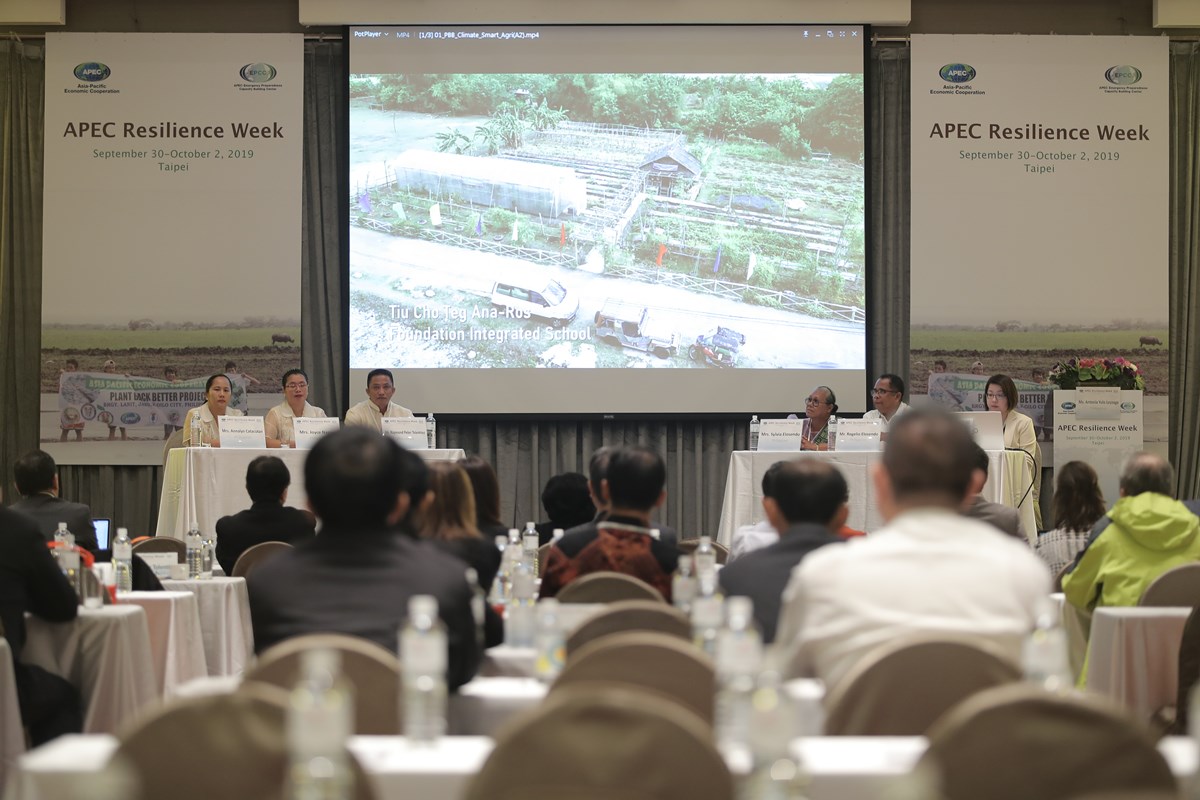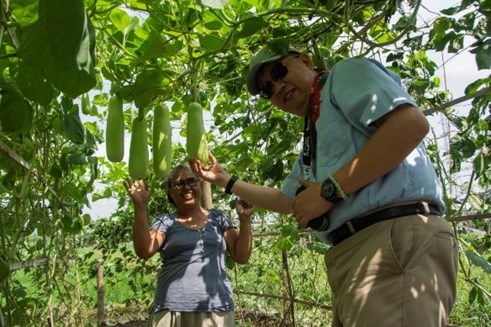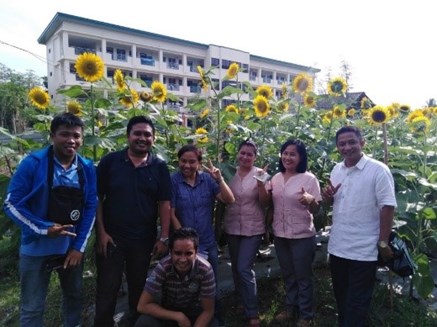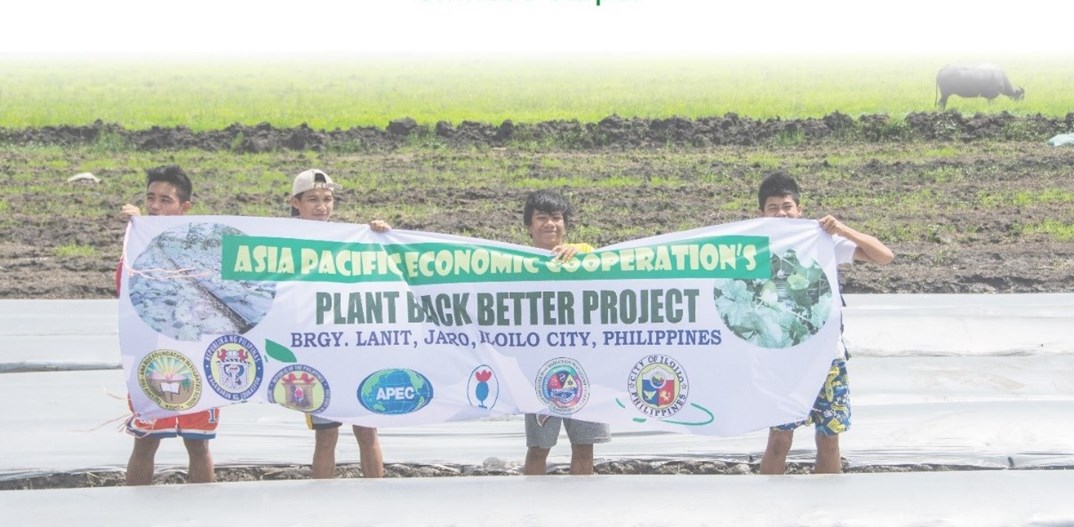APEC Enhancing Regional Resilience of the Whole Society on Plant Back Better Initiative
Back to list
APEC suffered from the constant threat of extreme events, earthquakes, floods and natural disasters. To achieve the commitments of the APEC Food Security Road Map, Strong infrastructure, early warning systems, emergency-actionable plans and countermeasures are critical to reducing the risk and impact of natural disasters against food supply chain interruption for better preparedness and recovery. APEC member economies (Chile, Indonesia, Japan, Korea, Malaysia, Mexico, Papua New Guinea, Peru, the Philippines, Thailand, The United States and Viet Nam) come to Taipei for APEC Resilience Week to discuss the climate adaptation countermeasures for food security.

“APEC Planting Seeds, Planting Hope, Planting Friendship, Planting Linkage – Connecting People for Resilience and Better Livelihood.” EPWG Co-Chair Wei-Sen Li said. APEC Resilience Week especially focuses on exploring feasible and applicable approached for engaging key stakeholders in our society to map out a pathway of sustainable and resilient developments. Chinese Taipei proposed “Plant back better” (PBB) initiative as one of the APEC-funded projects. The PBB project aimed at mitigating vulnerability and facilitating self-sufficiency through disaster-resilient plantation of vegetable and flowers. The PBB initiative aims at community-based capacity building and preparedness for quick recovery of microeconomic activities through public private partnership before disasters hit. The PBB initiative incorporated the implementation of the best practices and toolkits with sharing local knowledge and regional resources to facilitate Livelihood Continuity Plan before or after disasters.


PBB functions to boost up microeconomic momentum to tackle future challenges on climate change adaptation. To implement the PBB, Chinese Taipei has been working with counterparts of the Philippines on public private partnership to conduct a pilot project in the Iloilo City. The PBB outcomes share with the full spectrum of agenda covering the following topics for experts, policymakers, practitioners, researchers and government officials to collect brainstorming on enhancing regional resilience:
- Project outcomes of “Plant Back Better” initiative (PBB initiative): The best practices sharing of PBB pilot community in Iloilo City, the Philippines.
- Holistic and extensive policy dialogue on natural disasters and climate extremes for enhancing emergency preparedness and resilience
- Cross-fora collaboration under APEC for sustainable development and inclusive growth


From Science to Action for Climate Change Adaptation - Empower Women and Community for Food Security on Plant Back Better Initiative
Women are integral to the health and growth of economies, to empower women up to 56% expert and practitioners are female, PBB project invited government officials, experts, practitioners, NPOs and NGOs to brainstorming the future collaborations. In the three-day intensive event, we sincerely appreciate the contributions from APEC member economies to the APEC Resilience Week with sharing of best practices across the border for quality and resilient society against natural disasters. With significant outputs from the APEC member economies, the guiding principle aimed at providing guidance to tackle climate extremes and natural disasters and provide rapidly growing global population with economic access to sufficient, safe, nutritious and quality food as well as better livelihoods of millions of rural people, mainly small farmers, particularly women on vegetable plantation.